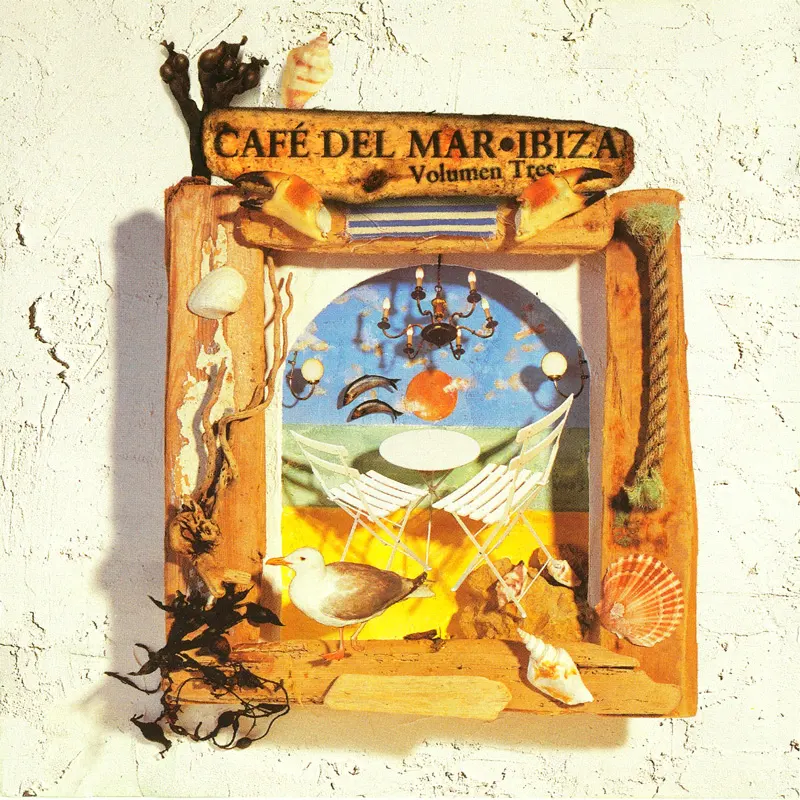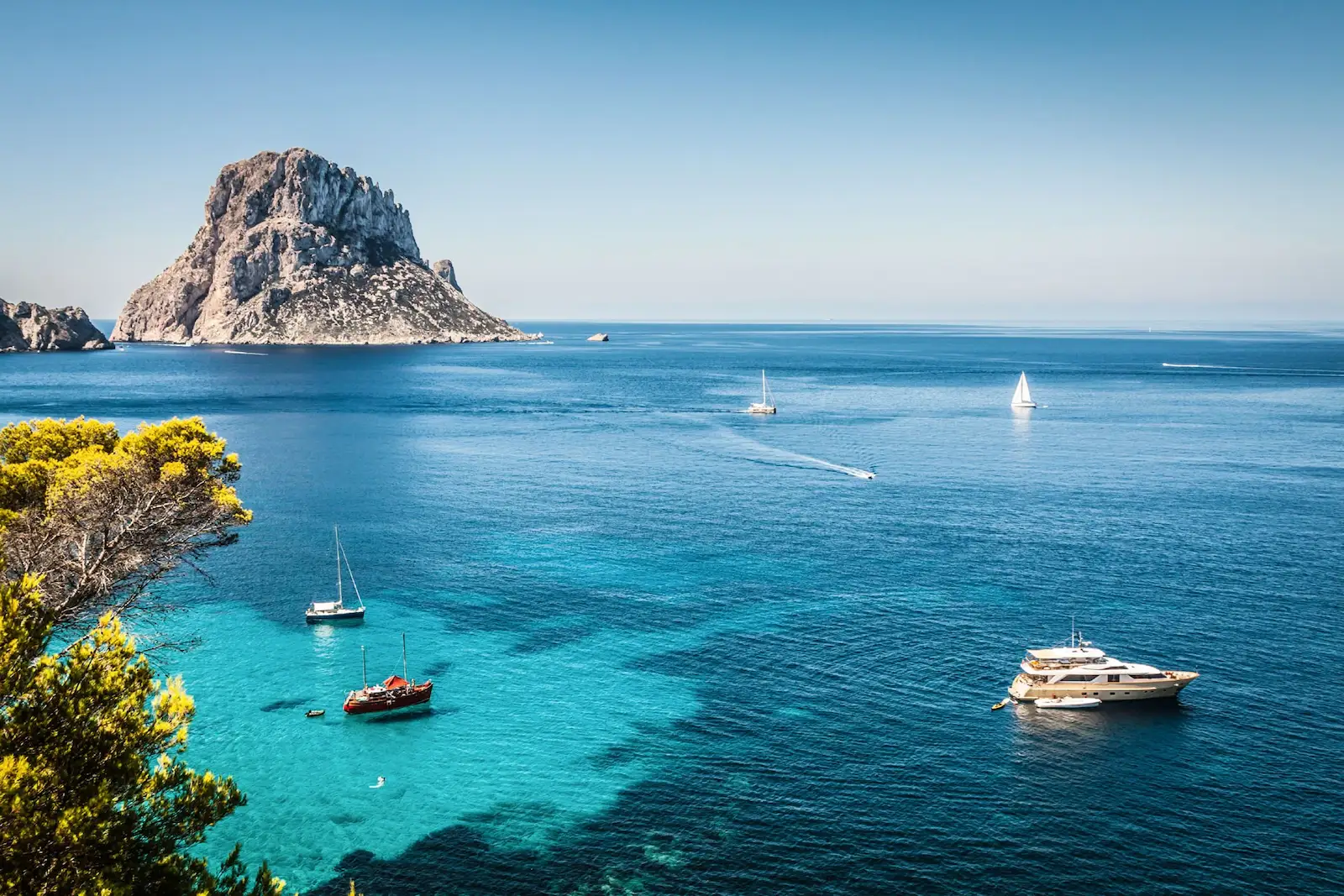Story behind creation of the first Café del Mar compilations

“It was the only place, the beginning of something new, a great crowd, a magical time of unique circumstances”, said Jose Padilla about his first impressions of the Spanish bar
Café del Mar in Ibiza, San Antonio.
He became a resident in 1991 and, before that, he played as a guest in different places of the island. In 1986, at his 10th anniversary on the island, he and his partners opened their own bar Museum

After having paid the debts, Jose went to San Antonio. The club Nitos (now Nightlife) sheltered him but, even though they paid him well, he didn’t manage to ‘burn’ the club as he himself was burnt inside. “I was drinking every night. So I stopped and started to sell tapes on the hippie market. I was doing my own tapes, at home, reggae, soul, whatever. Different styles. I made 20 or 30 of them with nice cover from a painter friend of mine. First day I went I sell all of them. Next day I did double. I sold them all again. Fuck! I buy another tape machine. Then I speak Alfredo, Pippi, Cesar de Molero, I say, Look I got this business in the market, if you make me a master, I will give you percentage or pay you for the master.


